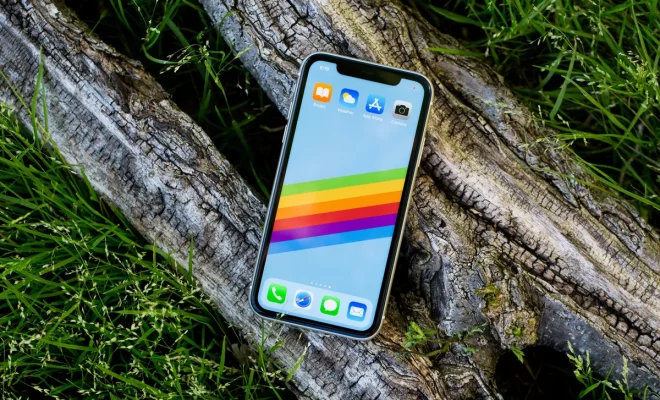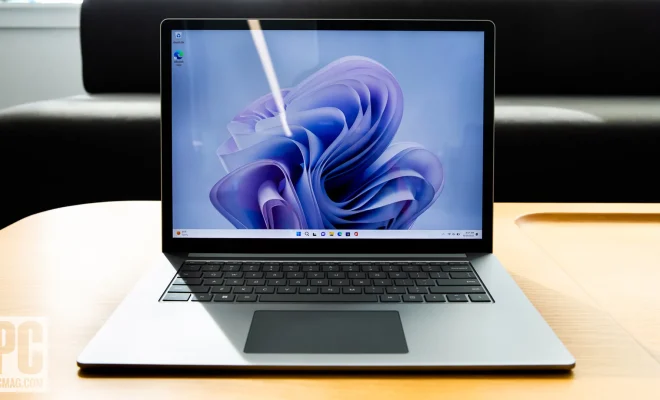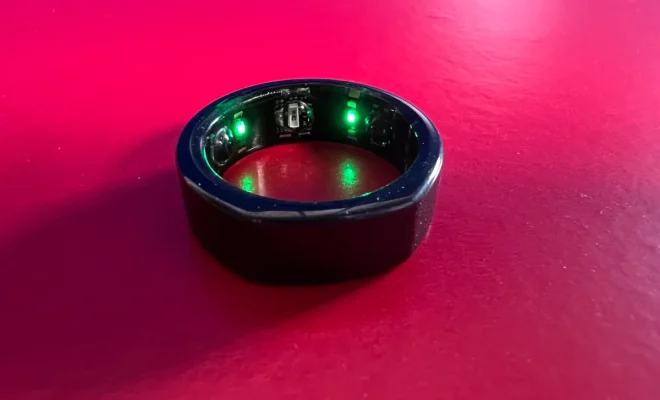Is Your Instant Pot Destroying Nutrients? – A Comprehensive Review

The Instant Pot has become a popular kitchen gadget in recent years, known for its convenience and versatility. Many home cooks have embraced this multi-cooker due to its ability to pressure cook, slow cook, sauté, and even make yogurt. However, with the widespread use of the Instant Pot, questions have arisen about whether it is destroying valuable nutrients in the food cooked within it.
Pressure Cooking and Nutrient Loss
Pressure cooking works by trapping steam inside the sealed pot, raising the internal temperature and pressure levels. This high heat environment cooks food faster than traditional methods and has associated pros and cons concerning nutrient loss.
One concern with pressure cooking is that it may cause deterioration in nutrient levels due to the high heat involved. Some nutrients, such as vitamin C and B-complex vitamins, are sensitive to heat exposure. Therefore, there is some concern that pressure cooking might destroy these essential nutrients.
However, several studies have found that pressure cooking actually helps retain more nutrients compared to other conventional cooking methods like boiling or frying. The key lies in shorter cooking times at higher temperatures, meaning less time for nutrients to break down.
Instant Pot’s Role in Nutrient Retention
While it’s clear that pressure cooking can have some effect on nutrient loss, let’s examine the specific role of Instant Pots in nutrients preservation or destruction.
One advantage of using an Instant Pot is its precision in temperature control and ability to maintain consistent pressure levels throughout cooking. This allows for accurate cooking time adjustments and potentially fewer nutrients lost compared to using a stovetop pressure cooker that depends on manual heat adjustments.
Moreover, sealing the pot during cooking minimizes exposure to water-soluble vitamins like vitamin C and magnesium from being leached out into the surrounding water. This sealed environment preserves more of these valuable nutrients within the food itself.
It’s also worth noting that since Instant Pots are multi-functional, you can opt for healthier cooking methods other than pressure cooking. By using the sauté or slow cook functions, you can effectively reduce nutrient loss if you are concerned about pressure cooking’s potential effects.
Conclusion
While it’s essential to be aware of the possible nutrient loss when using any cooking method,
including Instant Pots, research indicates that pressure cooking can offer advantages in nutrient retention when compared to conventional cooking techniques. The precision and versatility of the Instant Pot make it a valuable addition to modern kitchens. However, it remains crucial for individuals to strive for a well-balanced diet and incorporate various cooking methods, ensuring they maximize nutrient intake from their meals.






